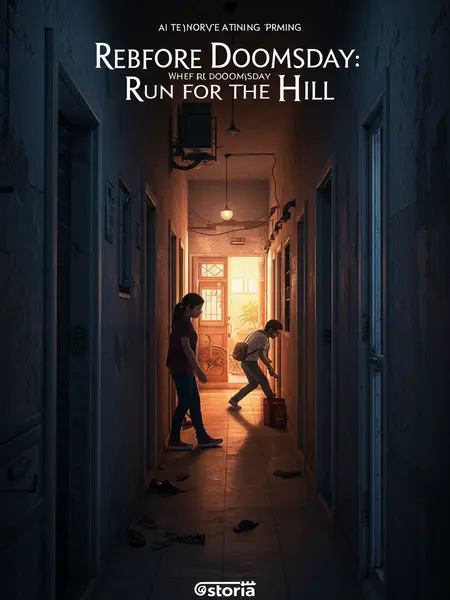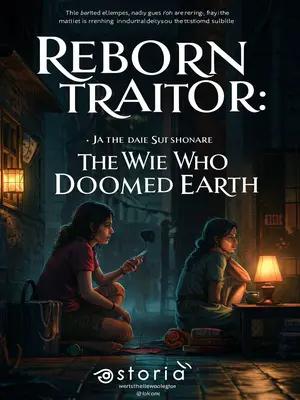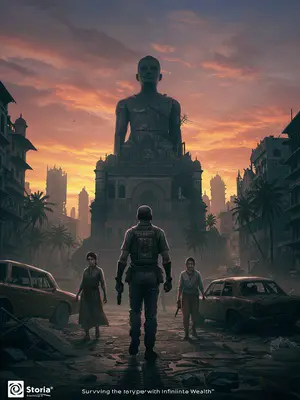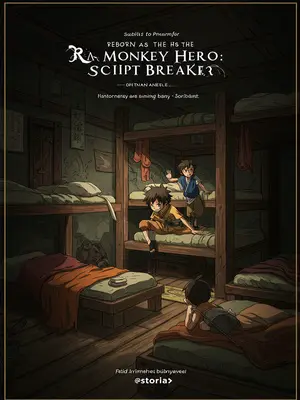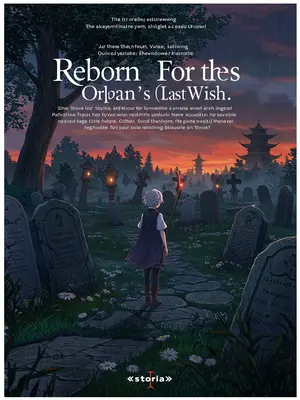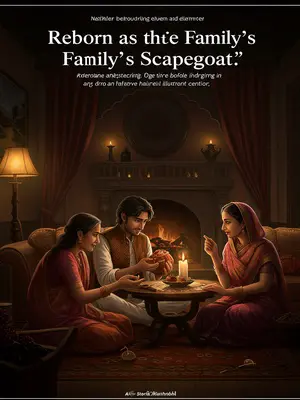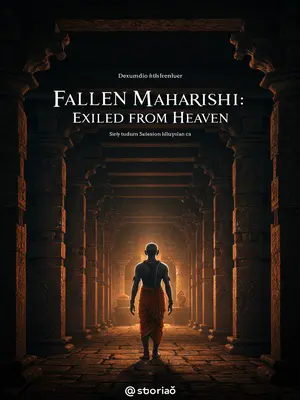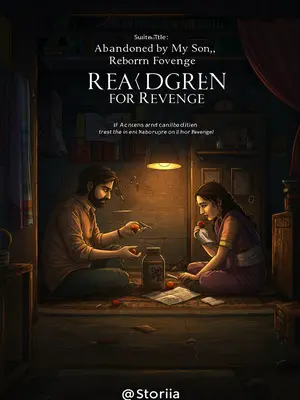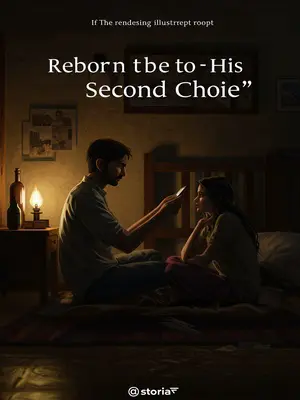Chapter 3: Run for Your Life
Food is important—but you have to be alive to eat it.
Like Dadi used to say, 'Pehle jaan hai, phir jahaan hai.' What use is food if you’re not around to taste it? My stomach grumbled, but fear pushed me harder.
It’s now 10:25 a.m.—less than 24 hours before doomsday begins. There’s no time to think. I have to run—run up the hill.
My shoes slipped a little on the tiled floor as I tried to plot the quickest escape route. My heart was racing, but my mind stayed sharp, counting the minutes like a schoolboy watching the clock before recess.
I tried to squeeze my way towards the supermarket exit, but the crowd panic-buying supplies was out of control, surging and shoving, almost causing a stampede.
A woman’s handbag swung into my side. Someone’s elbow grazed my face. I heard abuses—some in Hindi, some in Marathi. No one cared about dignity here; it was survival of the fittest, and I was definitely not the fittest in this chaos.
No, this is too slow. Standing on tiptoe, I scanned the area. I needed a weapon. Luckily, not far away, the hardware shelf was visible, and hanging on the top was a long-handled axe.
My eyes locked on that axe like it was the final question in Kaun Banega Crorepati. If I could just reach it, maybe I’d stand a chance against whatever was coming.
"Arrey, side ho jao! Mereko bimari hai, kuch bhi lag sakta hai!" I shouted desperately. Instantly, everyone around me froze. Taking advantage of their shock, I shoved aside those in front of me, rushed over in three big strides, and reached the hardware shelf.
Aunty nearby shrieked and covered her nose with her dupatta, a man gave me a wide berth. For once, my drama skills actually paid off. Without wasting a second, I lunged for the axe.
Because everyone was focused on food, this area was much quieter. I grabbed the long axe, gripping it tightly, and swept all the boxes of nails into my backpack. The supermarket wasn’t a hardware store—there wasn’t much else useful here.
It felt almost comical—the calm among hardware, while the rest of the store was a warzone. I quickly zipped up my bag, praying no one had their eye on my new 'treasure'.
Armed with the axe, I strode towards the exit, shouting, "Move! Move! If you get hit by the axe, I’m not responsible!"
People parted like the queue at the pandal when prasad is announced—fear, not devotion, clearing the way. A little boy stared at me open-mouthed; his mother yanked him back protectively.
With the axe in hand, the way cleared quickly. People stopped shoving and made way for me.
Some muttered under their breath, others just gawked. I ignored all of them, adrenaline flooding my system. I could hear a distant news jingle blaring from a nearby TV, but the words were lost in the chaos.
Five minutes later, I finally stood on the street outside the supermarket. As expected, things were no better outside. Trucks and private cars were jammed together, horns blaring impatiently. Curses mingled with the honking, rising and falling.
The heat was suffocating. The air reeked of petrol fumes and sweat, the familiar chorus of traffic chaos mixed with desperation. A chaiwala’s cart stood abandoned on the footpath; glasses of half-finished tea still steaming.
Traffic was nearly paralysed.
Even the bikers were stuck, some trying to thread their way through tiny gaps. In the distance, the local municipal van’s siren wailed uselessly, lost in the melee.
A woman in a green saree banged her fist on a car bonnet, cursing the driver in Marathi, her gold bangles flashing in the sunlight.
While running towards the block across from the supermarket, I dialled my papa’s number. I remembered there was a row of shops there, and one sold bikes.
My hands shook so badly, I nearly dropped the phone. Papa would probably scold me for running in traffic, but there was no time for explanations.
